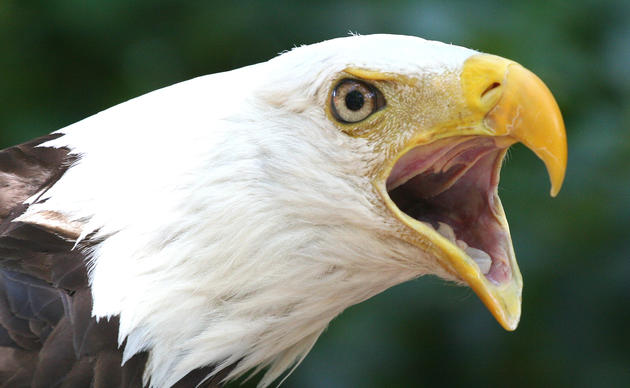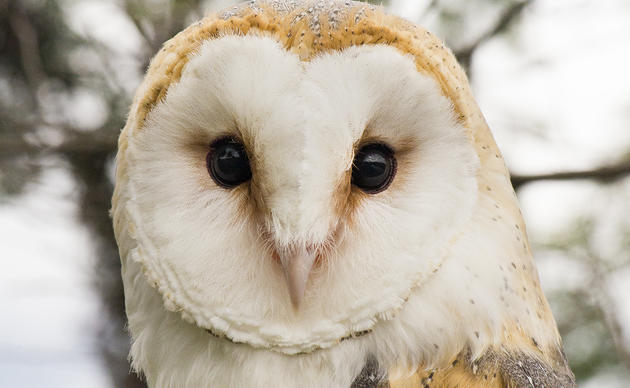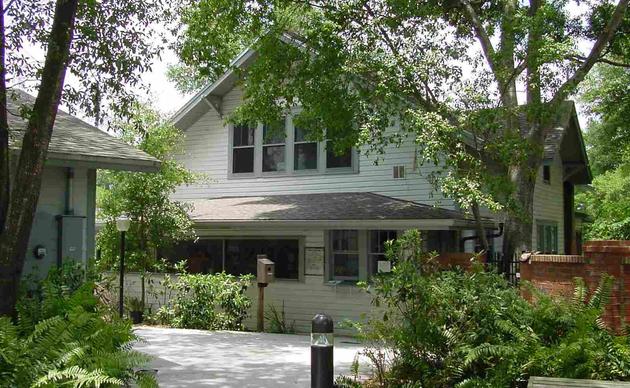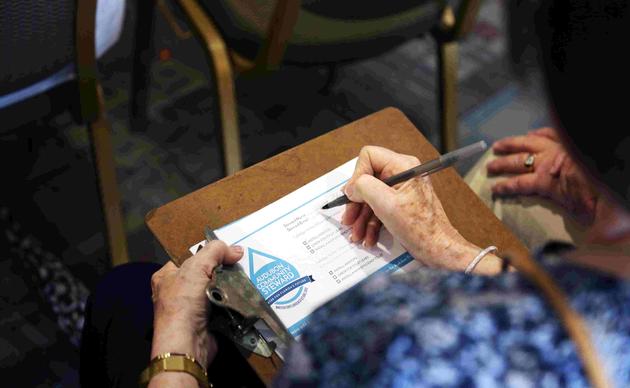In 2007, the USFWS removed the Bald Eagle from the list of federally endangered and threatened species. Although the Bald Eagle is no longer protected under the Endangered Species Act, it is still protected under the Bald and Golden Eagle Protection Act and the Migratory Bird Treaty Act. The USFWS (2007b) has redefined some of the terminology included in the Bald and Golden Eagle Protection Act, which prohibits the unpermitted “take” of bald eagles, including their nests or eggs. The act defines “take” to mean to “pursue, shoot, shoot at, poison, wound, kill, capture, trap, collect, molest or disturb” an eagle. The new definition of “disturb” is to “agitate or bother a bald or golden eagle to the degree that causes, or is likely to cause, based on the best scientific information available, 1) injury to an eagle, 2) a decrease in its productivity, by substant interfering with normal breeding, feeding, or sheltering behavior, or 3) nest abandonment, by substantially interfering with normal breeding, feeding, or sheltering behavior” (USFWS 2007 This management plan adopts the federal definition of “disturb” in 50 C.F.R. § 22.3 and Florida’s definition of “take” in Rule 68A-1.004, F.A.C.
National Bald Eagle Management Guidelines were published in the Federal Register in 2007. They include guidelines for distance buffers between activities and nests, avoidance of certain activities during the breeding season, and avoidance of disturbances at foraging areas and communal roost sites. The regulations (both state and federal) regarding potentially detrimental activities around an eagle nest are extensive and complex. For the most current guide to avoid disturbance of bald eagles, visit the USFWS Technical Assistance Page: https://www.fws.gov/southeast/our-services/permits/eagles/#national-rules-and-regulations-section
A. FEDERAL STATUTES:
The Eagle Protection Act (16 U.S.C. 668a-668c), and the regulations derived therefrom (50 CFR 22), state, in part, that no person “...shall take...any Bald Eagle...or any Golden Eagle, alive or dead, or any part, nest or egg thereof...,” with “take” meaning “...to pursue, shoot, shoot at, poison, wound, kill, capture, trap, collect, molest or disturb...” without a valid permit to do so. Whoever violates any part of the EPA may be fined up to $250,000 or imprisoned from 1 to 2 years or both.
The Migratory Bird Treaty Act (16 U.S.C. 703-712), makes it unlawful “...to pursue, hunt, take, capture, kill, attempt to take, capture, or kill, or possess, ... offer for sale, sell, ..., any migratory bird, any part, nest or eggs of any such bird...” Violators may be fined up to $250,000 for a felony and/or imprisoned up to 2 years.
B. STATE OF FLORIDA STATUTE:
F.A.C. 68A-16.002 Bald Eagle (Haliaeetus leucocephalus).
No person shall take, feed, disturb, possess, sell, purchase or barter, or attempt to engage in any such conduct, any bald eagle or parts thereof, or their nests or eggs…..
For purposes of this section, the term “disturb” is defined as, “To agitate or bother a bald eagle to the degree that causes, or is likely to cause (a) injury to an eagle, (b) a decrease in its productivity, by substantially interfering with normal breeding, feeding, or sheltering behavior, or (c) nest abandonment, by substantially interfering with normal breeding, feeding, or sheltering behavior.”
On public land, it is unlawful for any person to knowingly enter any area posted as closed for the protection of bald eagles, their nests, or their nest trees, except the staff or authorized agents of the managing public entity for that area, or as authorized pursuant to subsection 1.
In addition, the Florida Fish and Wildlife Conservation Commission instituted the Bald Eagle Species Action Plan in 2017. A non-regulatory conservation plan, the Species Action Plan outlines actions necessary to continue to maintain a stable or increasing population of bald eagles in Florida.
How you can help, right now
Support the Audubon Center for Birds of Prey
Your donation helps to protect America's birds, wildlife, and habitats. Donate critical funding needed to support our important rehabilitation and education work.
Subscribe to Raptor News
Sign up for our monthly newsletter and stay up to date with what's happening at the Audubon Center for Birds of Prey.
Become a Water Steward
Engage the public in water and energy conservation using simple steps to save water inside the home, outside the home and in your community.




